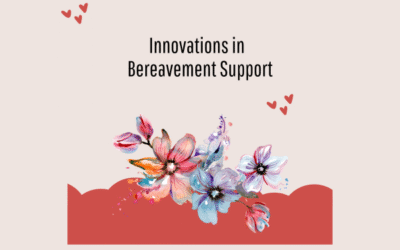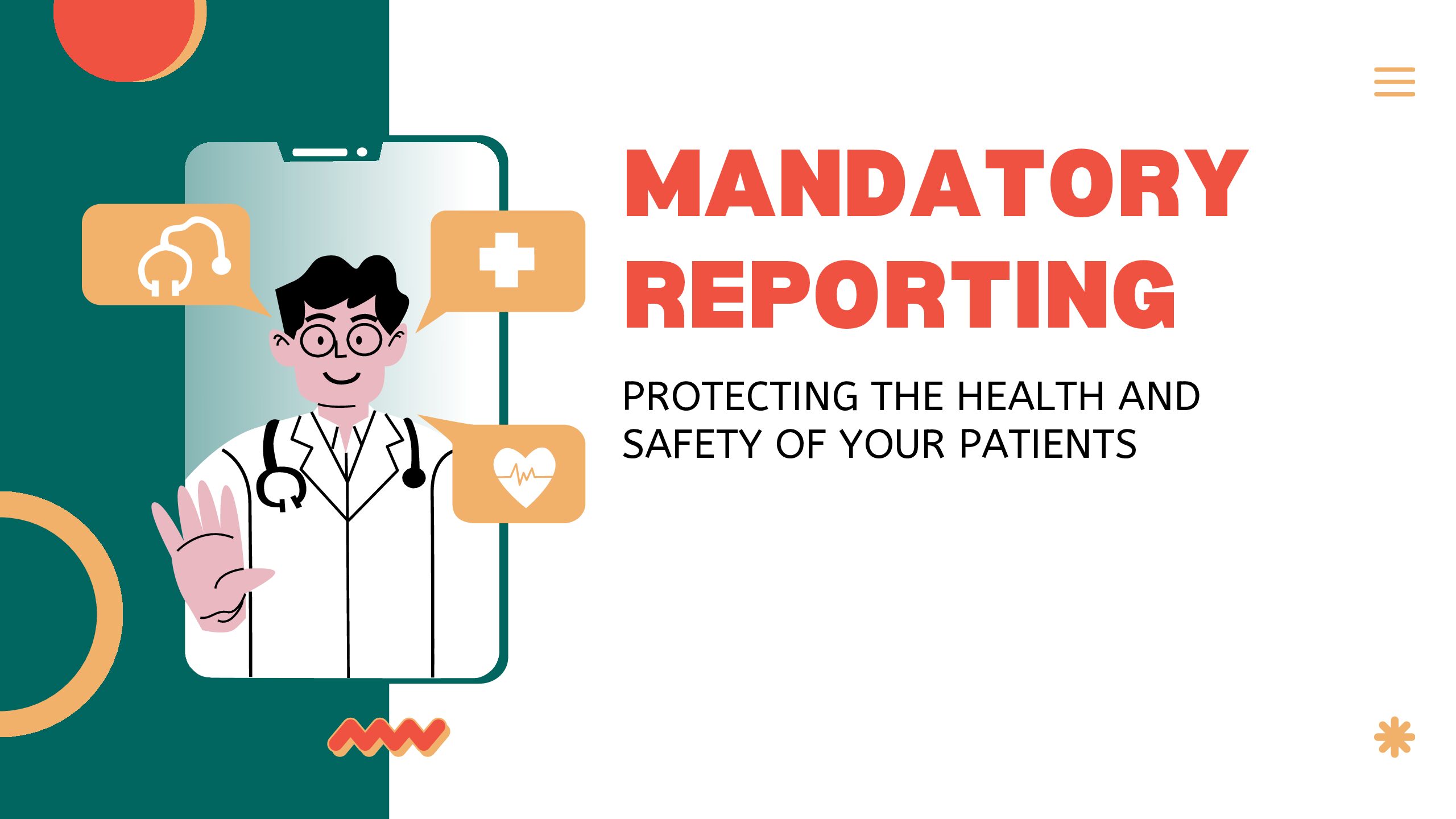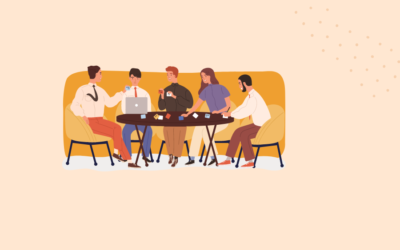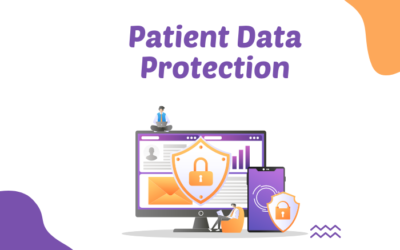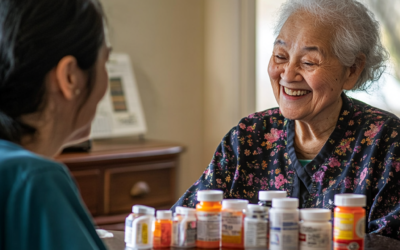Innovation in Hospice Bereavement Programs
In recent years, hospice bereavement care has undergone significant transformation. Early programs offered traditional service delivery models relying on limited offerings, and structured and uniform service delivery format. Over time, however, researchers and...
Keeping Hands Clean: A Guide for Hospice Clinicians
Clean hands are one of the most important ways you protect your patients, yourself, and your community. Let's learn why hand hygiene is so vital and how to do it right. A Quick Look Back: Did you know that doctors didn't always understand the importance of...
See Something Say Something: Mandatory Reporting!
Hospice clinicians are mandated reporters with an individual duty to report known or suspected patient abuse. See something – say something!
Home Healthcare Workers and Violence in the Workplace
The world of hospice care is deeply personal and profoundly compassionate. As a hospice clinician, your primary focus is providing compassionate care to your patients and their families during their most vulnerable moments. But the intimate nature of home-based care...
What is a Hospice IDG Meeting and Who Should Attend
The hospice interdisciplinary group (IDG) creates a patient’s plan of care and provides holistic care to the patient, caregiver, and family. Hospice Conditions of Participation require the IDG to “review, revise, and document the individualized plan as frequent as the...
Hospice Interdisciplinary Group (Hospice IDG)
Hospice care is patient- and family-centered, where the patient's and family's preferences and needs drive the care plan. The hospice interdisciplinary group (also referred to as Hospice IDG or IDG), also referred to as the interdisciplinary team (IDT) is a team of...
Hospice Documentation: Why It’s Vital and How to Do It Right
What is documentation? Documentation is an essential part of patient care, especially when you are working as a member of a hospice team. Hospice documentation involves writing down everything you did, observed, and discussed with the patient and their family during...
Patient Privacy, Confidentiality, and HIPAA Regulations
As a member of the hospice healthcare team, you play an important role in caring for your patients. Because of this, you will often learn private information about them - not just about their health, but also about their personal relationships, their financial...
Understanding Advanced Directives
What are advanced directives? Advanced directives give patients the ability to direct their medical care in advance. Advanced directives are legal documents that tell doctors and caregivers what a patient wants for their healthcare if the patient becomes too sick to...
Helping with Medications: What Hospice Aides Need to Know
As a hospice home health aide (HHA), you have an important job in taking care of patients. Part of your job is helping with medications, but it’s really important to know what you can and can’t do. The rules might change depending on the state you work in, because...

